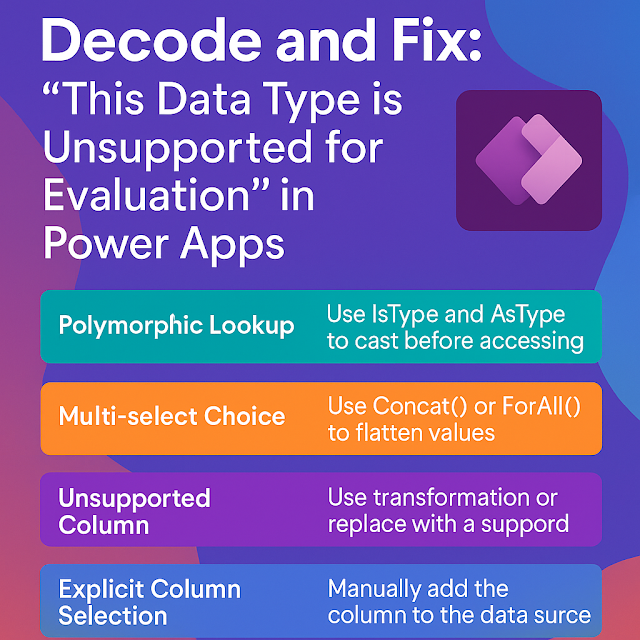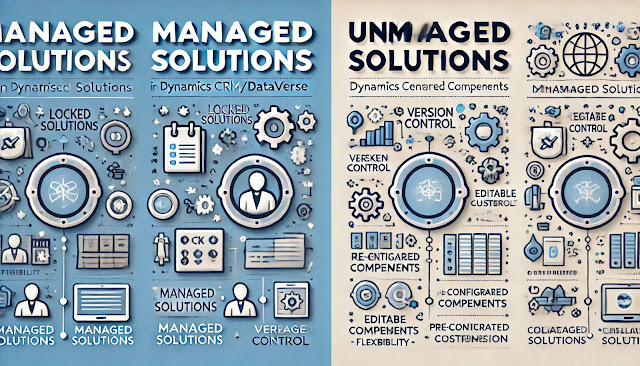Microsoft Dynamics 365 Customer Experience Analyst : Set up conversation intelligence.
Conversation Intelligence in Microsoft Dynamics 365 Sales is an AI-powered feature that helps sales teams gain deeper insights from their customer interactions by analyzing sales calls and meetings. It automatically captures call recordings, transcribes conversations, and uses natural language processing (NLP) to identify key topics, sentiment, competitor mentions, and buying signals. With these insights, sales managers can coach their teams more effectively, while sellers can track customer needs, objections, and engagement trends in real-time. By turning conversations into actionable intelligence, organizations can improve sales performance, strengthen customer relationships, and make data-driven decisions that lead to better outcomes.
1. Prerequisites
Before setting up Conversation Intelligence, make sure that:
- You have a Dynamics 365 Sales Premium or Dynamics 365 Sales Enterprise with Sales Insights add-on license.
- Your organization has enabled Sales Insights in the Dynamics 365 environment.
- You have the required system administrator or Sales Insights administrator privileges.
2. Enable Conversation Intelligence
- Sign in to your Power Platform Admin Center or Dynamics 365 Sales Hub app.
- Navigate to Sales Insights Settings.
- In the Sales Insights configuration page, locate Conversation Intelligence.
- Toggle the option to Enable Conversation Intelligence.
3. Configure Audio and Meeting Providers
Conversation Intelligence captures and analyzes audio from sales calls and online meetings. You need to connect the providers your team uses:
Microsoft Teams Integration:
- Allow Teams meeting recordings to sync with Dynamics 365.
- Grant permissions so Conversation Intelligence can access call transcripts.
- If using third-party calling systems, configure connectors (e.g., Azure Communication Services or partner solutions).
4. Set up Data Processing and Storage
- Define where call data and recordings will be stored (Microsoft uses secure Azure services).
- Ensure compliance with GDPR or local regulations by configuring consent and privacy policies.
- Configure retention policies for storing conversation data.
5. Configure Insights Settings
Customize what insights you want the system to capture and analyze:
- Sentiment Analysis → Detects customer mood and tone.
- Keywords & Phrases → Tracks mentions of products, competitors, or pricing.
- Action Items → Identifies follow-ups and commitments from the call.
- Talk-to-Listen Ratio → Helps sellers understand if they are dominating the conversation.
Once configured, Conversation Intelligence provides visual dashboards:
- Call Summaries: Key points, follow-ups, competitor mentions.
- Performance Analytics: Talk ratios, seller behavior trends, and coaching opportunities.
- Relationship Insights: How customer engagement evolves over multiple conversations.
7. Train and Onboard Sales Teams
- Train sellers on how to record calls and meetings properly.
- Educate managers on how to use analytics dashboards for coaching.
- Ensure compliance with privacy and consent laws during recordings.
Result: After setup, your sales teams get AI-powered call transcripts, real-time conversation insights, and coaching recommendations directly in Dynamics 365 Sales. This improves productivity, customer understanding, and overall sales performance.
















Comments
Post a Comment